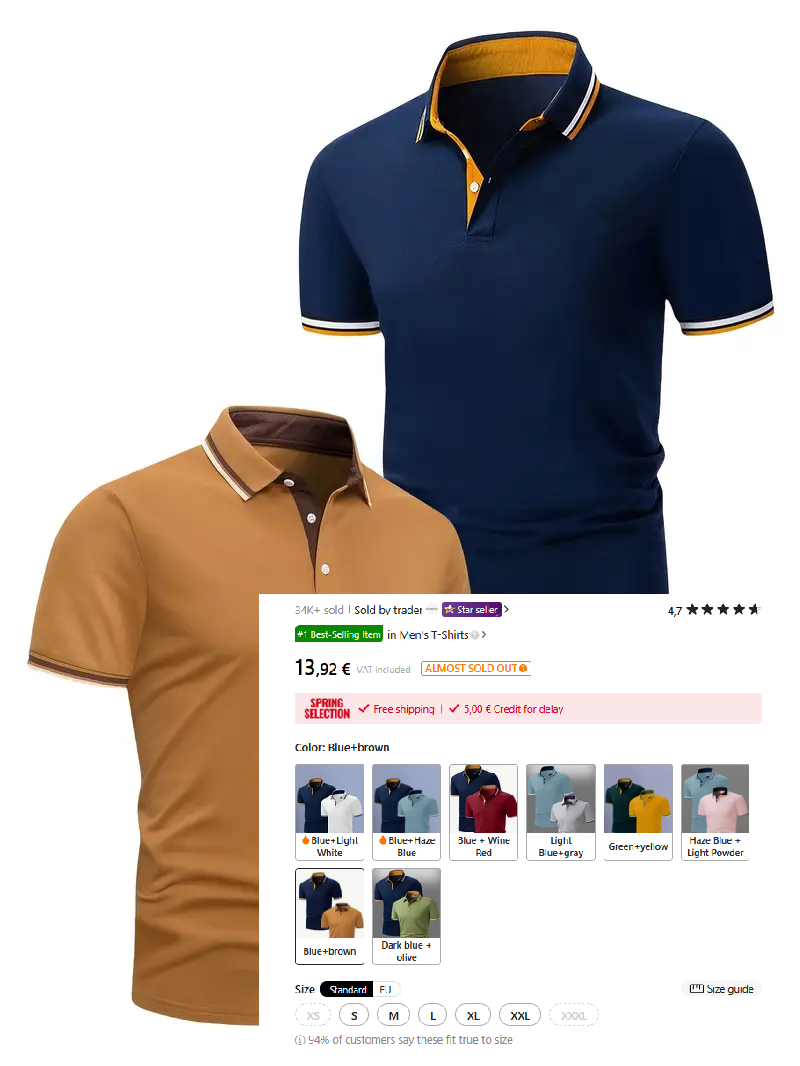사피엔스99강
YOUR LINK HERE:
http://youtube.com/watch?v=juSf-ysbvkA
[친해영tv] • 99강(pp. 107~108) 1/4 • Another method is to keep the calves and kids near their mothers, but prevent them by various stratagems from suckling too much milk./ The simplest way to do that is to allow the kid or calf to start suckling, but drive it away once the milk starts flowing./ This method usually encounters resistance from both kid and mother./ Some shepherd tribes used to kill the offspring, eat its flesh, and then stuff the skin./ The stuffed offspring was then presented to the mother so that its presence would encourage her milk production. • strat·a·gem [strǽtǝdʒǝm] n. 전략, 책략(trick), 계략, 술책, 모략. • drive somebody away ~를 떠나고 싶게[~에 가고 싶지 않게] 만들다 • 99강(pp. 107~108) 2/4 • The Nuer tribe in the Sudan went so far as to smear stuffed animals with their mother's urine, to give the counterfeit calves a familiar, live scent./ Another Nuer technique was to tie a ring of thorns around a calf's mouth, so that it pricks the mother and causes her to resist suckling./ Tuareg camel breeders in the Sahara used to puncture or cut off parts of the nose and upper lip of young camels in order to make suckling painful, thereby discouraging them from consuming too much milk. • go far 장차 크게 되다[성공하다] • smear [smiǝr] vt. (기름 따위를) 바르다; 문대다, 매대기치다; (표면을 기름 따위로) 더럽히다《on; with》 • urine [júərin] n. 소변, 오줌 • counterfeit [káuntǝrfìt] ɑ. 모조의; 가짜의; 겉치레의; 허위의 • scent [sent] n. 냄새; 향기, 향내. • prick [prik] vt. (바늘 따위로) 찌르다, 쑤시다, (바늘 등을) 꽂다 • thère·bý ɑd. 그것에 의해서, 그것으로. • 99강(pp. 107~108) 3/4 • Not all agricultural societies were this cruel to their farm animals: The lives of some domesticated animals could be quite good./ Sheep raised for wool, pet dogs and cats, war horses and race horses often enjoyed comfortable conditions./ The Roman emperor Caligula allegedly planned to appoint his favourite horse, Incitatus, to the consulship./ • allégedly [ǝlédʒidli] ɑd. 주장(하는 바)에 의하면; 소문〔전해진 바〕에 의하면. • con·sul·ship [kάnsəlʃìp/kɔ́n-] n. 영사의 직〔지위, 임기〕. • 99강(pp. 107~108) 4/4 • Shepherds and farmers throughout history showed affection for their animals and have taken great care of them, just as many slaveholders felt affection and concern for their slaves./ It was no accident that kings and prophets styled themselves as shepherds and likened the way they and the gods cared for their people to a shepherd's care for his flock. • sláve·hòlder n. 노예 소유자. • proph·et [prάfit/prɔ́-] n. (fem. ~·ess [-is]) • ① 예언자; 신의(神意)를 전달하는 사람. • ② (주의 따위의) 대변자, 제창자, 선각자. • style vt. 칭하다, 부르다, 이름짓다 • lik·en [láikən] vt. (…에) 비유하다, 견주다《to》 • #사피엔스 #spiens #유발하라리 #윔피키드 #wimpykid #친해영tv #친해영 #해바영어 #해바화상영어 #필리핀화상영어 #필리핀영어 #쉬운영어 #직독직해 #영어독해 #영어듣기 #영어원서읽기 #영어공부 #박치동 #haevaenglish #영어원서번역
#############################

 Youtor
Youtor




